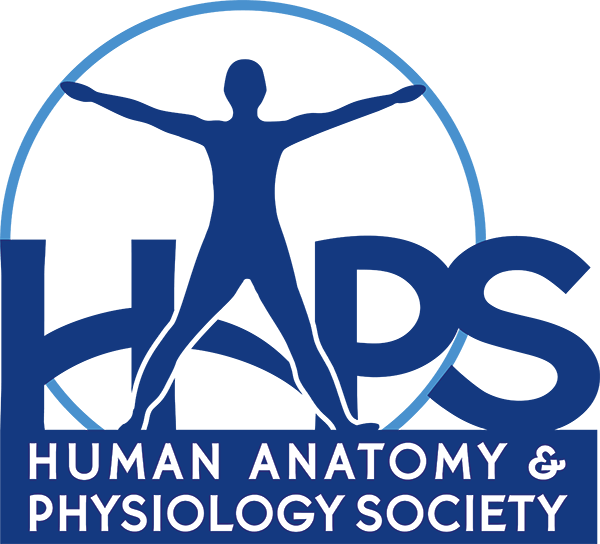
It’s the season for local athletes to sign letters to commit to teams at the next level, and I find it heartwarming when these young people acknowledge the impact of their coaches and other mentors. They realize that their opportunity came about not only because of their own talent and drive, but also because they were trained in skills and habits that helped them succeed. I think that part of the reason these student athletes are so successful is that they accept the need for training and understand the time demands involved in becoming the best they can be. They realize that their skills and abilities improve over time.
If my A&P students had the mind-set of student athletes, I think they could all make it to the pros. They would drill on their weaknesses and get personal coaching to correct problems, knowing that they would be accumulating additional knowledge and skills. They would attend every practice session and review videos of their performance – okay, well maybe not that last, but they would watch the videos I post for them and complete homework assignments, anyway. They would know at the outset the commitment they needed to make, and they would fit the rest of their lives – temporarily at least – around the demands of mastering the curriculum that forms the foundation of their chosen profession.
Some of my students seem really detached from the course requirements – they don’t appreciate why, for example, we assign adaptive reading modules. As a consequence, they circumvent the deep learning that is supposed to occur, and they “phone in” their performance. If an athlete demonstrated that same mind-set at practice, I think the coach would very effectively communicate his/her displeasure! The invisibility of their poor preparation allows them to dodge, deny, or at least defer, the consequences of a poor performance.
So, it seems to me that one of my roles is to help coach my students to up their game. I can make sure they know what they’ve signed up for, time-wise, and help them develop personal schedules that include enough prep time. I can suggest they see themselves as professionals-in-training, rather than the passive students many of them were in high school. I can do more than convey content; I can help them develop basic academic skills, adopt habits of mind, and embrace a set of ethics and values that will serve them in both school and work. And maybe, they will all make it to the pros at some level, and when they do, some of them will remember the coaching staff that helped them find their way.
